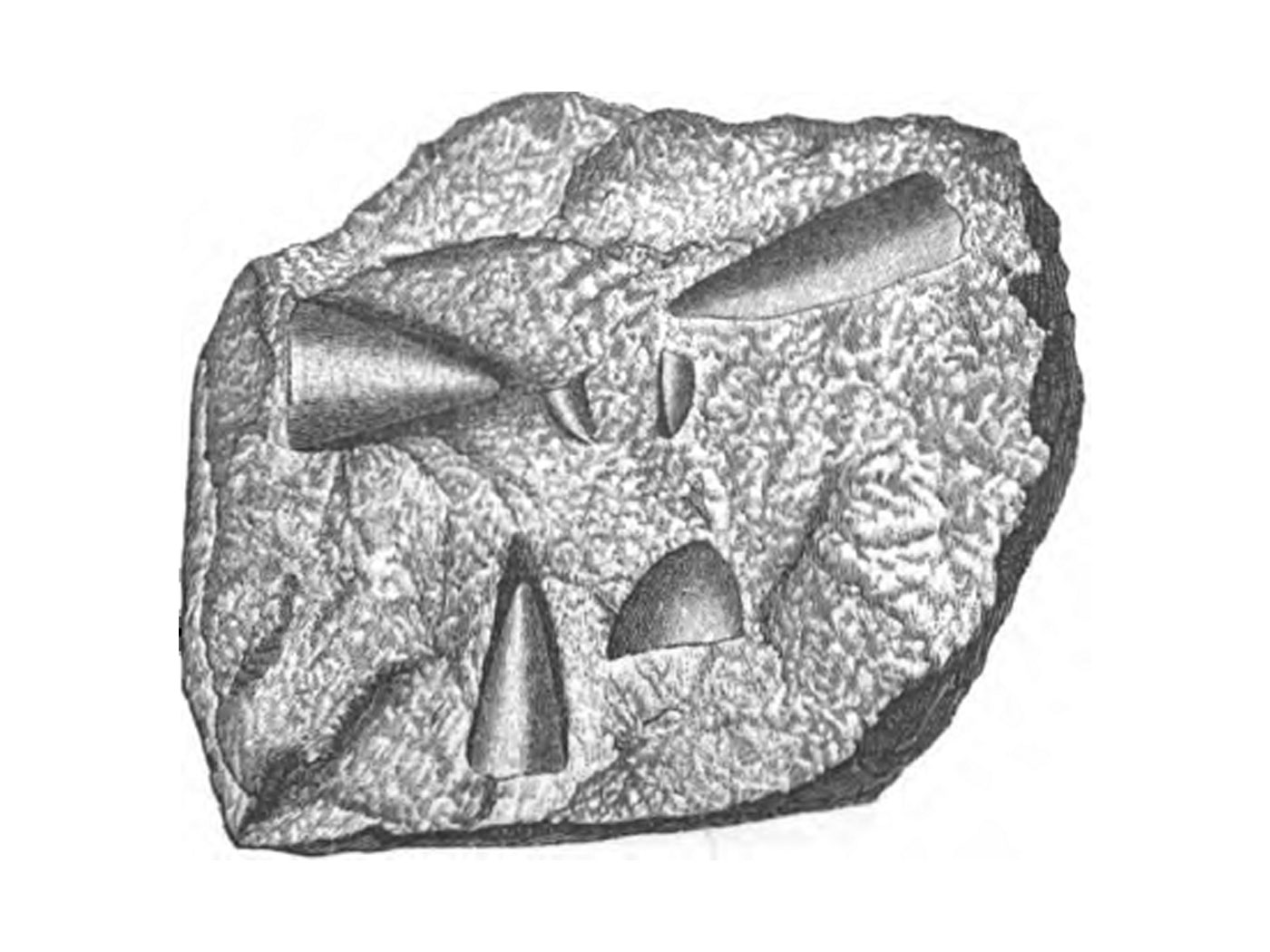There has been much excitement recently regarding the stunning successes of America's two Mars Exploration Rovers (MERs). Landing on opposite sides of the Red Planet, Spirit and Opportunity have functioned almost flawlessly. Now it looks like they have found signs of past water activity, sulfate minerals, and salts in some rock samples.
Unfortunately, evolutionary naturalists have equated this possible indication of water and minerals with life itself. Astronomer Stephen Squyres, principal scientist for the MER mission, declared that the area around Opportunity was ". . . almost certainly once habitable by life as we know it . . ."1 Really?
Creation scientists urge caution, especially after the alleged "meteor from Mars" (labeled ALH84001) that supposedly contained "nanobacteria," which were later found to be contaminants.
With information coming in from the Red Planet, it looks as though areas of Mars are toxic—hardly a place for delicate life to spontaneously appear from non-life. For example, a recent discovery of a noxious molecule in the Martian atmosphere has not helped secure hopes of past life on the Red Planet—
The researchers note that [hydrogen peroxide] is hazardous to microorganisms and so would discourage the existence of life on the surface of Mars.2
As the trillions of cells of animals and people metabolize, the byproducts include the toxic compound hydrogen peroxide. This chemical is dangerous and must be immediately neutralized before it can damage surrounding tissue. The Creator has designed enzymes to rapidly break down hydrogen peroxide into harmless compounds, except in some white blood cells where it is used to destroy organisms that invade our body.
Evolutionists active in this search for Martian life maintain that life is found in very inhospitable areas on Earth such as unique bacteria in the hot springs at Yellowstone National Park.3 If this is the case, they insist, then why couldn't life evolve from non-life on inhospitable Mars? And there's the catch. The existence of past and present heat resistant bacteria (thermophiles) here on Earth is a far, far cry from their evolving from non-life in the same harsh environment on either Mars or Earth! Put another way, because we observe brutal conditions on Mars (science reporter R.R. Britt speaks of "the harsh realities of a very unfriendly world"4), does this make it any more plausible that life evolved there? Quite the contrary. The spontaneous generation of life from non-life is easily the biggest hurdle for any evolution scenario, especially in harsh environments.
But let's suppose for a moment life is found on Mars. What then? According to an article in Newsweek magazine—
We think there's about 7 million tons of earth soil sitting on Mars, says [evolutionist Kenneth] Nealson. You have to consider the possibility that if we find life on Mars, it could have come from Earth.5
_____________________________
1. Petit, C., "Ancient water," US News & World Report, March 15, 2004, p. 71.
2. Chemical & Engineering News, March 1, 2004, p. 27.
3. http://www.spaceref.com/news/viewpr.html
?pid=13809
4. Britt, R., "Mars Underground," SPACE.com, March 8, 2004.
5. Weingarten, T., Newsweek, September 21, 1998, p. 12.
Cite this article: Sherwin, F. 2004. Harsh Unfriendly Mars. Acts & Facts. 33 (5).




















